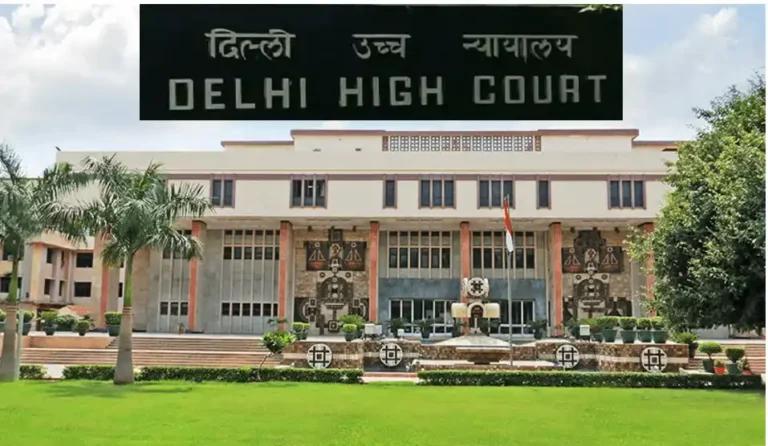In a significant ruling, the Delhi High Court has allowed a DNA test at the final arguments stage in a decade-old murder case. The court emphasized that independent evidence should not be refused solely due to delay, especially in serious offences like murder.
The High Court made it clear that if new evidence can help in determining the guilt or innocence of an accused, it should be considered, even at a late stage.
Read also: Delhi High Court Upholds Charges Against Club Owners Accused of Serving Hookah, Liquor to Minors
“In the present case, the trial may have concluded and the case may be at the stage of final arguments but the interest of justice demands that the truth must be discerned to determine the guilt of the accused. If there is any independent evidence that may help in determining the guilt or innocence of the accused, it must not be refused on the specious ground of delay, especially in an offence as serious as Section 302 IPC.” — Justice Neena Bansal Krishna
The court rejected the respondent’s contention that the application for a DNA test was highly belated and should be dismissed.
Read also: Delhi High Court Refuses Bail to Man Accused of Stealing Weapons During Manipur Violence
Background of the Case
- The case involves the murder of the complainant’s (petitioner’s) son.
- The accused (respondent no. 2) allegedly injured the victim in 2013, and the victim succumbed to injuries in 2015.
- During the final arguments before the Trial Court, the complainant (father of the deceased) filed an application requesting a DNA test on the clothes of the deceased and the accused.
- Complainant’s Argument: The DNA test was essential to ensure justice. Given the advancements in forensic science, the Investigating Agency should have conducted a DNA test to establish the accused’s culpability.
- Accused’s Counter-Argument: The accused argued that the biological and serological reports were obtained over three years ago, and the request for a DNA test at this stage was significantly delayed.
- The Trial Court dismissed the application, stating that the trial was in its final stage and that allowing the DNA test might give the impression that the court was favoring one party.
- Dissatisfied with this decision, the complainant approached the Delhi High Court.
Read also: Courts Must Support Minor Victims of Sexual Assault When Parents Fail: Delhi High Court
The Delhi High Court noted that amendments in the Code of Criminal Procedure (CrPC) support the use of scientific investigations. The court particularly referred to Section 53 CrPC, which allows the medical examination of an accused at the request of a police officer, including DNA profiling and the examination of biological samples.
“The offence in this case was committed in 2013 when scientific means of DNA testing and profiling had already emerged and were recognized in the amended provisions of CrPC. In this particular case, the Investigating Agency may have limited the forensic report to blood group matching, but since blood samples are available, the DNA test requested by the father of the deceased is justified. More so, when the case is primarily based on circumstantial evidence.” — Delhi High Court
The court ruled that scientific testing must be encouraged, especially in cases where evidence is primarily circumstantial.
The Delhi High Court overturned the Trial Court’s decision and allowed the DNA test on the clothes of the deceased and the accused. The court held that justice must not be compromised due to procedural delays, particularly in serious criminal cases.
This ruling reinforces the principle that scientific advancements must be utilized to establish truth in criminal trials, ensuring fair and just adjudication.
Case title: Nand Kishor vs. State & Anr. (CRL.M.C. 1704/2017)















